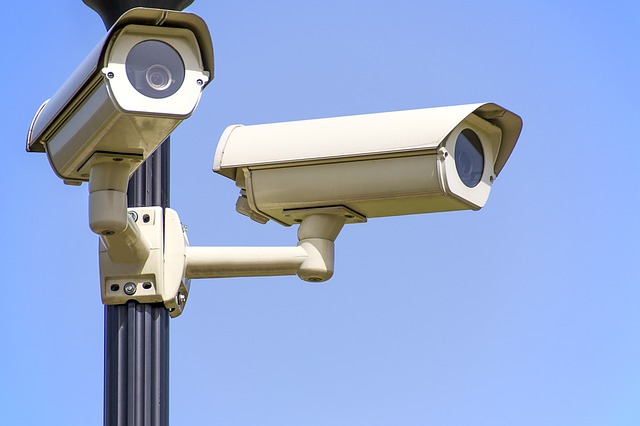China is currently creating a database with thousands of its citizen’s voice information.
In a report published last week, the Human Rights Watch confirmed that the Chinese government has been engaged in collecting thousands of voice samples from certain targeted citizens. The voice samples have been included into a national biometric database of voices.
Reports have stated that the voice biometric database will be able to identify certain voices in telephone conversations, as well as other conversations, by using an automated system. Up until now, this system was considered to be still in its development phase.
Including a voice biometric database, the Chinese government has increased its already considerable array of surveillance tools.
According to reports, the software capable of the sophisticated voice recognition database has been developed by an artificial intelligence expert known as iFlytech. Currently, the Chinese government already employs several biometric tools including fingerprints, DNA samples, identification numbers, as well as other undisclosed personal details.
Biometric records have become a widely-used mechanism for authorities to monitor citizens. Certain countries such as Japan, even collect fingerprints from foreigners and tourists upon entry, possibly as a safety precaution against terrorism.
China, however, employs biometric tools with much more severity. Currently, the Chinese biometric databases boast DNA samples of over 40 million people, as well as facial recognition of over one billion people on their databases.
Compared to these measures, voice recognition technology is still relatively young. The Chinese Ministry of Public Security started to look for ways to use voice recognition technology as early as 2012 when they launched pilots for the database. During 2014, they committed to the program, by upping the scale significantly. The HRW fails to confirm numbers, however, they have confirmed that by 2015, the Chinese law enforcement authorities have already collected over 70 000 different voices during a pilot campaign. Since then, the HRW has been monitoring the purchases of voice recognition software in several provinces located in China, including Xinjiang.
Lawfully, Chinese authorities are within their right to collect voice patterns as well as biometric data from any individual who is a suspect of a crime or could possibly commit crimes in the future.
However, the HRW has reported several instances from the project’s conception up until now, where authorities collected voice samples of citizens who did not meet these criteria. In addition, all passport applicants in Xinjiang were required to submit voice samples. However, according to the HRW, there is no official documentation available as to why this practice is considered necessary.
According to the government, as cited by media reports, voice recognition technology has the power to fight an array of crimes including fraud, drug trafficking, kidnapping, blackmail, and several other crimes. In addition, the reports also maintain that voice recognition can aid in fighting terrorism as well as maintain stability.
However, this seems a vague argument since anti-terrorism and maintaining stability are such broad and general topics in the country. The government also has a track record of using these vague notions as justification before causing political dissent.
Secondly, there is no clear outline as to which individuals are targeted or even how samples will be utilized. According to the HRW China director, Sophie Richardson, it is easy for authorities to exploit the data, especially in a country that has a history of unchecked surveillance methods.
China keeps increasing their surveillance methods. The country has recently installed CCTV cameras outside the houses of those individuals who are considered privacy activists. China has also recently arrested citizens who criticized the government via social media and has launched a nation-wide crackdown on Virtual Private Networks (VPNs).






